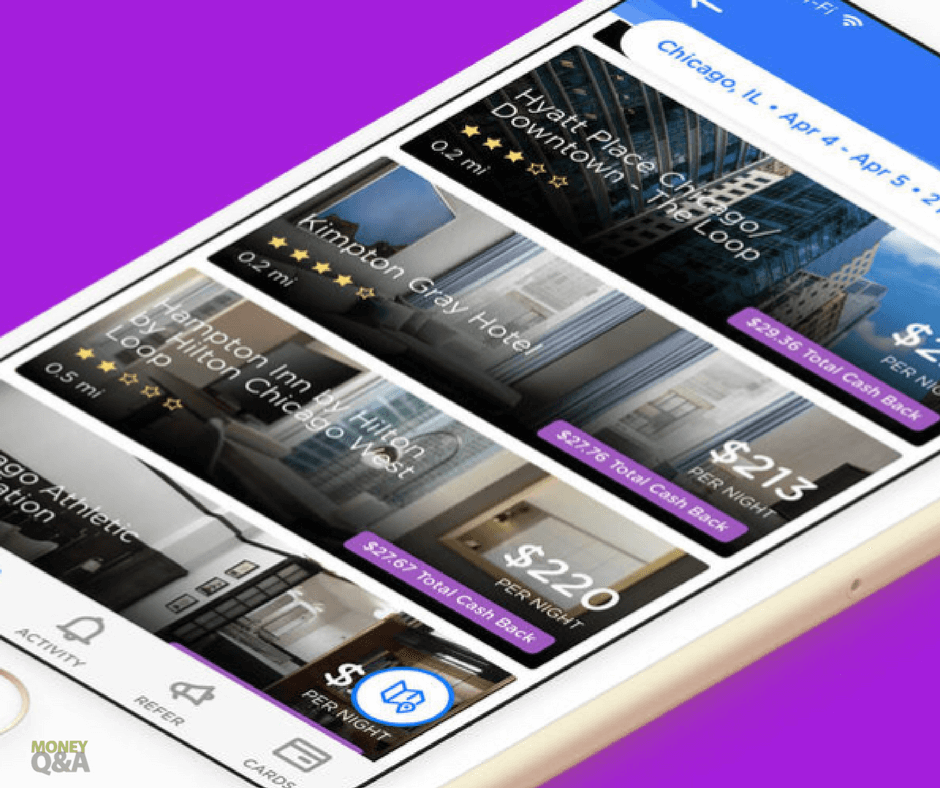
Fintech is one of the most important new sectors as of late. Short for financial technology, fintech encompasses many of the recent developments that have become every day to most people, from doing banking through an app to payment services like PayPal as well as cryptocurrencies. Fintech is an incredibly exciting space with some of the most impressive developments when it comes to how tech has impacted our lives.
What are the benefits?
There are many benefits for the consumer as well as organizations like banks when it comes to using fintech.
The first one is around the various data that fintech affords us. For example, the ability to track your payments and incoming transactions over time and regulate your spending and saving accordingly. Apps such as Bright help can help, find faster, smarter ways to save – and build more wealth while paying off your cards faster. Or understanding your financial data when it comes to credit agreements and which loans are a good fit based on your financial history.
This ease of access to data for the institution and the consumer also allows apps such as Lemonade’s AI bot to help renters calculate their renter’s insurance efficiently by simply inputting data about the property, its location, and your specific requirements into the app.
Another big benefit is security. As technology improves so are the security features around transactions and accounts. Should you lose your debit card, for example, you can instantly pause all transactions through your app on your smart device. Or generate ‘virtual’ card numbers to hide your details when making various transactions online.
The impact on costs can be huge too, not just for the consumer but the banks as well. Online banks can offer much lower prices when it comes to transactions or account costs as they don’t have the overheads of traditional banks, including employing staff in person. Many of these traditional banks have cut back on these costs too as a result of more people using their apps and online software to make transactions or contact customer service.
And then, there’s time. Fintech helps everyone save time through the ease of use through apps on your smartphones. No longer do you have to wait in line at banks to get the info you need or to sort out your banking. It’s now all at the click of your fingertips and can be done from the comfort of home or while on the go.
Other examples of fintech
Fintech has disrupted the banking industry in a multitude of other ways. Take, for example, crowdfunding platforms like GoFundMe, Patreon, and Kickstarter which allow internet and app users to send and receive money from others. This eradicates some of the need for loans when individuals can go straight to private investors for support of a cause, company, or project.
There’s also blockchain and cryptocurrencies like bitcoin. These are currencies that exist only online and through decentralized networks, promoting anonymity when making transactions online. It’s been one of the big talking points over the past few years with some big names from celebrities to entrepreneurs getting in on the action. This includes Mike Tyson, Elon Musk, Paris Hilton, Bill Gates, Serena Williams, Lionel Messi, Floyd Mayweather, and more.
And then there’s robo-advising and stock-trading management, which provides algorithm-based asset recommendations and portfolio management. Investors can now buy stocks through apps instead of having to go to a stock exchange.
How will it develop in the future?
It’s very likely that fintech will continue to advance at a fast-paced rate alongside technology. With the rise in disruptor banks like Revolut, Monzo, and Starling, traditional banks will have to continue to work hard to offer their customers the best new tech and ease of use.
Perhaps one day there will be no real need for land-based banks at all. Other industries are already beginning to incorporate elements of fintech into their services. Retailers, for example, use fintech through their eCommerce platforms or take payments through services like Stripe.
The hospitality industry has integrated parts of fintech as more orders are placed all online through apps. It will be interesting to see how this space develops over the next few years — and how the fintech of 2020 will look in retrospect.
